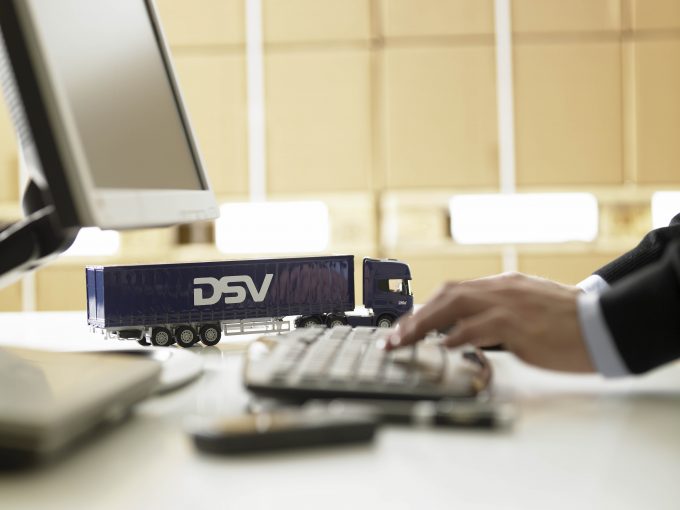After DSV 'cuts the cake' on Schenker acquisition, time for redundancies?
Denmark’s DSV has formally closed its €14.3bn ($16.14bn) acquisition of DB Schenker – the biggest ...

Danish freight forwarder DSV delivered a decent trading update yesterday, mostly because its integration of UTi Worldwide appears to be on track, according to executives.
Yet there were scant details about redundancies on a large scale in a follow-up call with analysts, which to my mind ...
Keep our news independent, by supporting The Loadstar
Four crew members still missing as Wan Hai 503 continues to burn
Explosions and 'out-of-control' fire reported on Wan Hai box ship
Carrier price hikes hold, driving spot rates higher as space gets scarcer
Crew forced to abandon ship in latest fire on vessel carrying EVs
The Loadstar Podcast | Transport Logistic and Air Cargo Europe 2025
Transpacific rates ease as capacity boost proves too much for trades to digest
Turkish Airlines falls foul of air safety regulations, claims India's aviation authority


Comment on this article